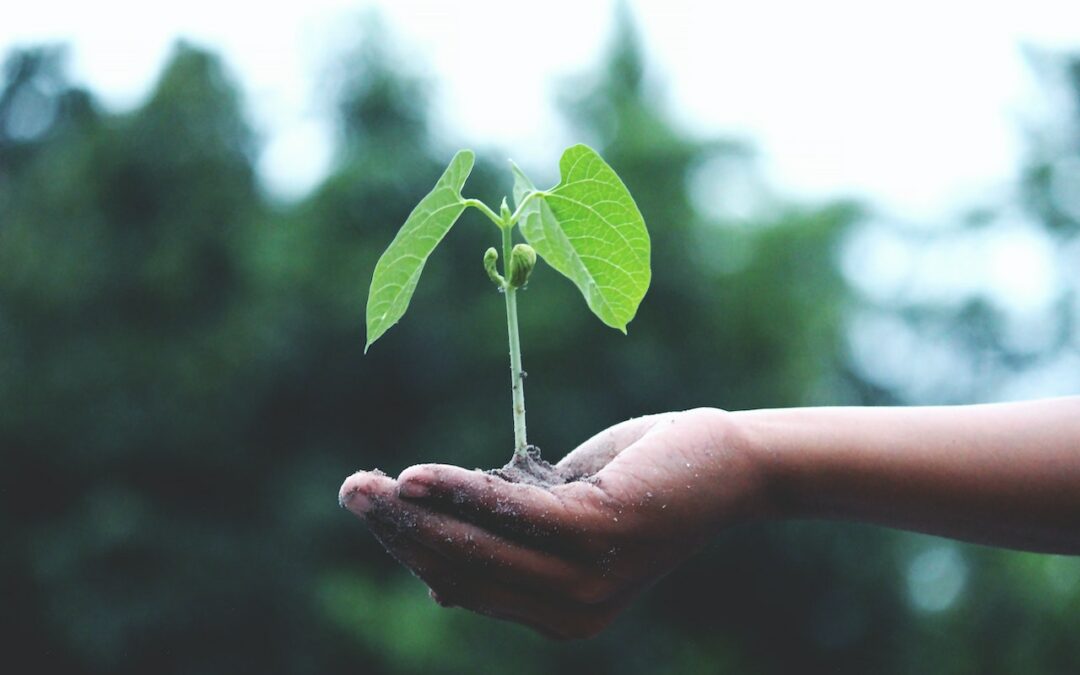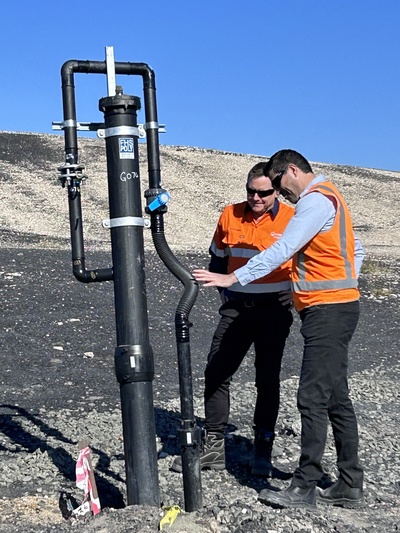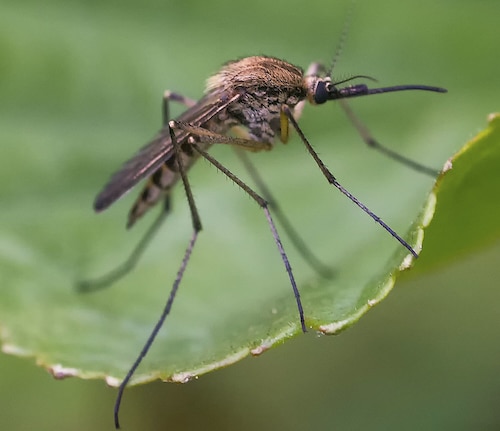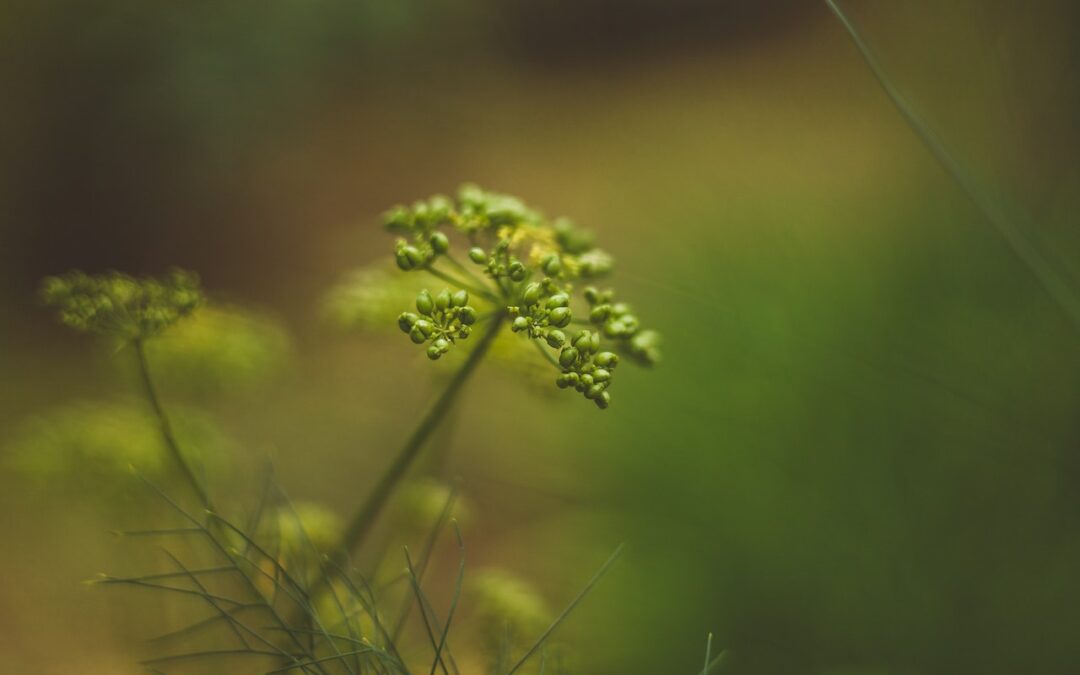
by Komoneed | May 12, 2024
Our editors curate highly rated brands that are first assessed by our rigorous ratings system. Buying through our links may earn us a commission—supporting the work we do. Learn more. We celebrate the brands that have improved their public disclosures and moved up a level on our ratings scale. Which fashion brands are improving […]
The post Meet 6 Brands That Have Improved Their Good On You Ratings appeared first on Good On You.

by Komoneed | May 12, 2024
PakTech, a company that specialises in 100% recycled and recyclable multipack packaging solutions, has announced the launch of its local manufacturing operations in Australia. It has simultaneously entered into a collaboration with Endeavour Group, an Australian alcoholic drinks retailer and hotel operator that spun off from Woolworths Group in 2021.
PakTech’s range of multipack beverage can handles sold in Australia has been recently assessed as being recyclable through the Australian Packaging Covenant Organisation (APCO) ARL program.
The collaboration will enable the two companies to expand Endeavour Group’s closed loop recycling scheme, which seeks to collect recyclable PakTech clips in selected Dan Murphy’s outlets. This scheme will encourage the recovery, recycling and reuse of PakTech handles, helping to avoid waste and reduce carbon emissions associated with packaging supply.
“Conscious consumerism is flourishing, and pressure from consumers around the world is forcing brands and retailers to rethink their approach to sustainable packaging,” said Brandon Rogers, CEO at PakTech.
“Sustainability and the circular economy are no longer competitive differentiators, they’re an expectation. We’re thrilled to join forces with an industry-leading brand in the Endeavour Group, and to formally commence our on-the-ground manufacturing here in Australia. As we look to promote the circular economy and tackle single-use plastics in Australia, there is no better organisation to do it with than the Endeavour Group.”
PakTech and its partners have the capacity to manufacture up to 75 million recycled multipack beverage can handles annually within Australia. Locally, PakTech’s existing customers include Asahi, Billson’s, Hawkers Beer and a host of craft beer, seltzer and wine manufacturers. In the US, its customers include CPG (consumer packaged goods) companies like Pepsi, KraftHeinz and Johnson & Johnson.
PakTech products are manufactured with high-density polyethylene (HDPE), also known as #2 plastic. This recyclable material is used to make various milk bottles, detergent bottles and toys. Through a recover, recycle and remanufacture process, PakTech and its partners seek to maximise collection of used materials, which are sorted, cleaned and processed through various facilities. The materials are then repurposed into new products, closing the circular economy loop and avoiding the pitfalls of single-use plastics.
“Endeavour are proud to be [collaborating] with PakTech to support the continued recycling and reuse of PakTech products. PakTech products play a great role in the reuse of plastic from products such as milk bottles and cream jars,” said Sarah McElholum, Circular Economy Sustainability Manager at Endeavour Group.
“We are also continuously working to improve the recyclability and reuse of our beverage packaging for our customers. Our [collaboration] with PakTech, along with our cork collection and wine bottle divider recycling schemes within stores such as Dan Murphy’s, gives our customers another chance to help avoid landfill and give packaging another life.”
Image: Supplied.

by Komoneed | May 12, 2024
In promising news for the aviation industry, researchers from the University of Sydney have developed a chemical process that could create sustainable jet fuel from the methane gas emitted from landfills.
Their research has been published in the Journal of the American Chemical Society.
Methane is a more potent greenhouse gas than carbon dioxide (CO2), trapping far more heat per molecule. According to the International Energy Agency, the concentration of methane in the atmosphere is currently around two and a half times greater than pre-industrial levels and is increasing steadily, with waste emissions and the burning of fossil fuels accounting for a significant proportion.
Australia recently joined the international methane mitigation agreement with the United States, the European Union, Japan and the Republic of Korea.
“Globally, landfills are a major emitter of greenhouse gases, mainly a mixture of CO2 and methane,” said lead author of the study Professor PJ Cullen from the University of Sydney’s School of Chemical and Biomolecular Engineering and Net Zero Initiative. “We have developed a process that would take these gases and convert them into fuels, targeting sectors that are difficult to electrify, like aviation.”
Global landfill emissions are estimated at 10–20 million tonnes of greenhouse gases per year, a value comparable to the emissions of the global energy sector.
Aviation currently accounts for approximately 3% of the world’s emissions. If the research team’s process becomes viable, it could lead to a ‘closed loop’ fuel based on existing emissions, eliminating the need for traditional, unsustainable jet fuels.
“Modern landfill facilities already capture, upgrade and combust their gas emissions for electricity generation; however, our process creates a much more environmentally impactful and commercially valuable product,” Cullen said.
Professor PJ Cullen with Veolia Australia and New Zealand CEO and Net Zero Initiative board member Richard Kirkman next to a Veolia methane well. Image credit: Luisa Low, University of Sydney.
The researchers’ process works by capturing gas in a ‘methane well’ at the landfill site via a shaft-like mechanism, then treating it with plasma.
“The beauty of this is that this simple process captures almost the exact composition that we need for our process,” Cullen said.
Plasma in the lab. Image credit: PJ Cullen, PlasmaLeap Technologies.
“Non-thermal plasma is an electricity-driven technology which can excite gas at both a low temperature and atmospheric pressure. Essentially, what this means is this approach facilitates the conversion of the gas into value-added products by inducing plasma discharge within forming gas bubbles,” Cullen explained.
“The process doesn’t require heat or pressure, meaning it requires less energy, making it highly compatible with renewable energy power sources.”
Cullen and fellow study authors Emma Lovell and Tianqi Zhang are associated with PlasmaLeap Technologies, the supplier of the plasma technology employed to generate plasma bubbles in the study.
Top image caption: Methane wells. Image credit: Luisa Low, University of Sydney.

by Komoneed | May 12, 2024
Scotland’s climate hasn’t historically been supportive to large mosquito populations, as it tends to be cooler. But now, scientists have discovered widespread populations of mosquitoes around Scotland, and they fear warming temperatures could lead to increasing public health risks from mosquito-borne diseases. Scientists at the University of Glasgow’s Centre for Virus Research found 16 different […]
The post Mosquitoes Newly Spreading in Scotland as Temperatures Rise, Scientists Say appeared first on EcoWatch.

by Komoneed | May 12, 2024
The standards-setting organization plans to address stakeholder feedback, including updates to climate science and challenges related to Scope 3 target setting.





